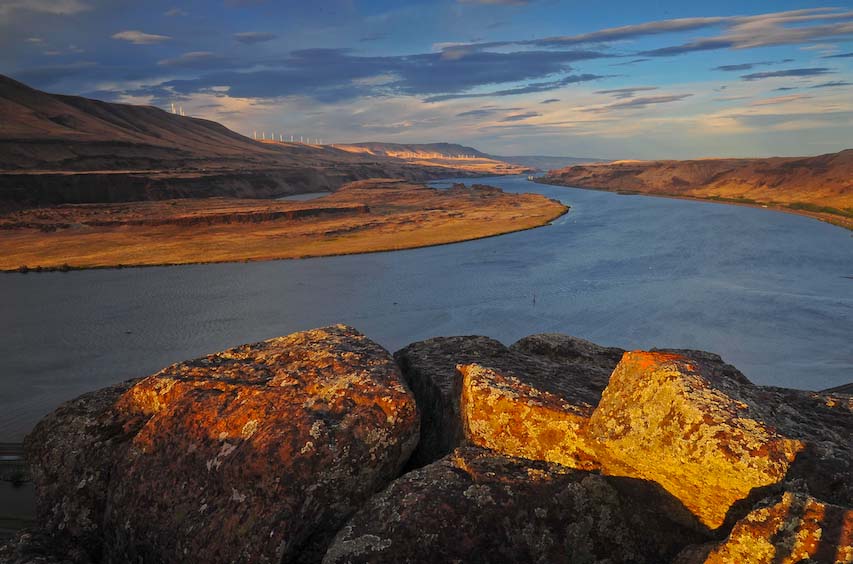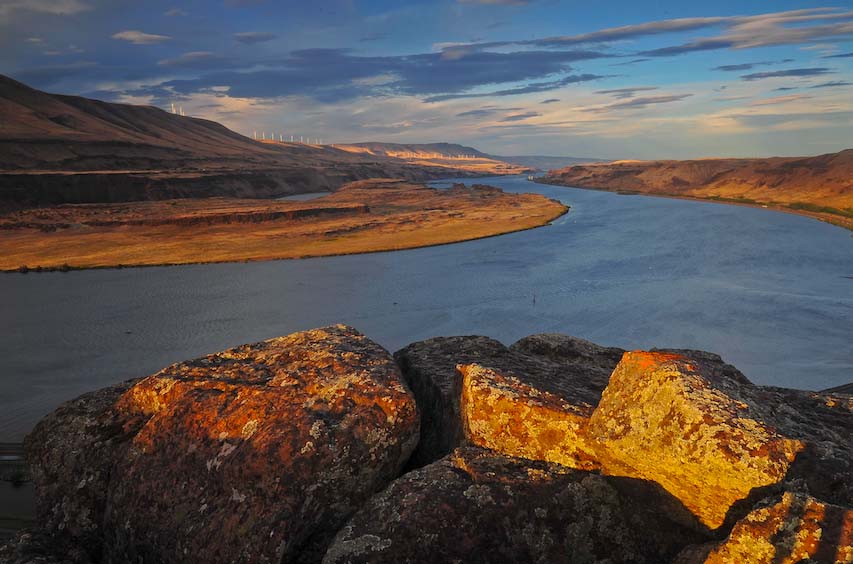
The Oregonian: LTE: Give environment a voice in modernized treaty

Canadian and U.S. negotiators met recently in Portland to modernize the Columbia River Treaty. Portlanders should care about the outcome.
The 60-year-old treaty shut out Indigenous people who had managed the earth’s richest salmon river from time immemorial. It built more dams while coordinating water releases to protect against floods and produce hydropower. Treaty dams flooded upriver valleys with devastating environmental and social consequences.
The original treaty also predates our knowledge of climate change and the immense value of healthy rivers. Today, climate change is warming waters impounded by dams, causing fish die-offs. Many salmon and steelhead runs teeter at extinction’s abyss. Fortunately, Canada and the U.S. are discussing environmental issues.
President Joe Biden recently announced two salmon-restoring initiatives: $208 million over 20 years to reintroduce salmon above Grand Coulee Dam and a presidential memorandum directing federal agencies to honor treaty obligations with tribes and restore “healthy and abundant” salmon and other native fish in the Columbia River Basin.
American negotiators must ensure that a modernized river treaty advances President Biden’s river policies and priorities. Meanwhile, Portland needs to expand work at Johnson Creek and the Columbia River Estuary, moving people and structures out of harm’s way and reconnecting rivers to their floodplains.
River as machine or living river? The U.S. and Canada have a critical opportunity right now to strike a new and better balance. At a minimum, this means adding river health - ecosystem function - as a third treaty purpose, while adding a river voice to treaty governance and implementation.
- Dan Ritzman and Robin Everett
Ritzman is the Sierra Club’s director of conservation. Everett is the Sierra Club’s deputy regional field director covering the Northwest.
